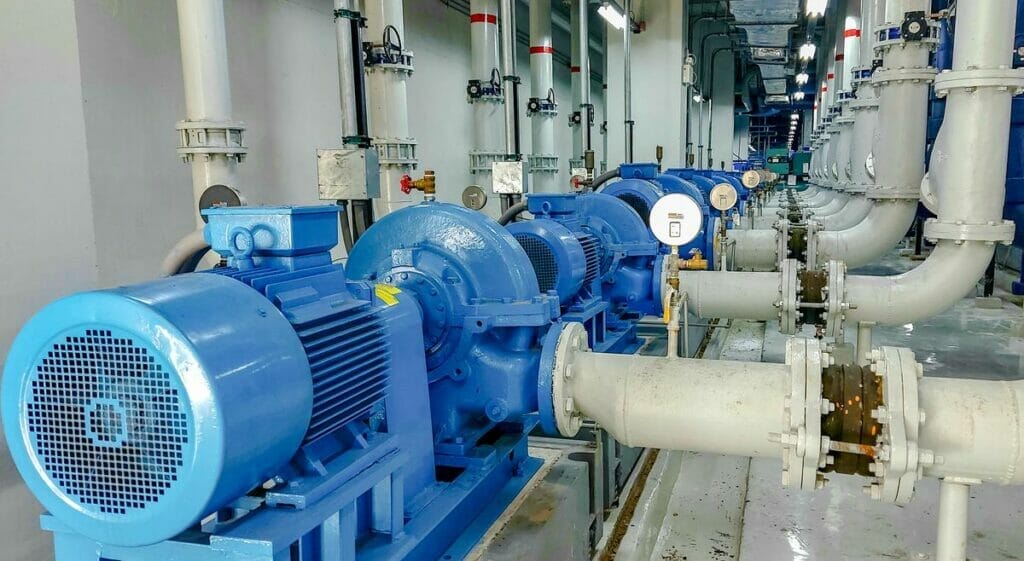Have you ever wondered about the difference between gauge pressure and absolute pressure? In this blog post, we’ll explore these two important pressure measurements and clarify their unique characteristics. By the end, you’ll have a clear understanding of when to use each type of pressure measurement and how they relate to various applications, ensuring you make the right choice for your project.

What is Gauge Pressure
Gauge pressure is a measurement of pressure relative to the surrounding atmospheric pressure. It is the difference between the absolute pressure and the atmospheric pressure at the point of measurement.
Gauge pressure can be positive or negative, with positive values indicating pressures above atmospheric pressure and negative values representing pressures below atmospheric pressure (vacuum).
Measuring Gauge Pressure
Gauge pressure is typically measured using a pressure gauge, which consists of a sensing element (such as a Bourdon tube or a diaphragm) that responds to the difference between the applied pressure and the atmospheric pressure. The gauge is calibrated to display the pressure difference directly, with the atmospheric pressure as the reference point (zero value).
What is Absolute Pressure
Absolute pressure is the total pressure measured relative to a perfect vacuum (zero pressure). It is the sum of the gauge pressure and the atmospheric pressure at the point of measurement. Absolute pressure is always positive and is expressed in units such as pascals (Pa), pounds per square inch absolute (psia), or atmospheres (atm).
Measuring Absolute Pressure
Absolute pressure is measured using an absolute pressure sensor or transducer, which typically consists of a sealed reference chamber maintained at a near-perfect vacuum. The sensor measures the pressure difference between the process pressure and the reference vacuum, providing an absolute pressure reading. Some common types of absolute pressure sensors include piezoelectric, capacitive, and resonant devices.
Relationship Between Gauge and Absolute Pressure
To convert between gauge and absolute pressure, you need to know the atmospheric pressure at the location of measurement. The formula for this conversion is:
Absolute Pressure = Gauge Pressure + Atmospheric Pressure
For example, if the gauge pressure reads 50 psi and the atmospheric pressure is 14.7 psi, the absolute pressure would be 64.7 psi (50 + 14.7).
FAQs
Why do we use gauge pressure instead of absolute pressure?
Gauge pressure is more practical for most applications. It measures pressure relative to atmospheric pressure. This is useful for determining the pressure difference between two points. Absolute pressure includes atmospheric pressure, which is often unnecessary.
How to find gauge pressure from absolute pressure?
To find gauge pressure, subtract atmospheric pressure from absolute pressure. Atmospheric pressure is typically 14.7 psi (101.325 kPa). For example, if absolute pressure is 20 psi and atmospheric pressure is 14.7 psi, gauge pressure equals 5.3 psi.
Can gauge pressure be negative?
Yes, gauge pressure can be negative when the measured pressure is below the atmospheric pressure, such as in vacuum systems.
Can absolute pressure be negative?
No, absolute pressure cannot be negative since it is zero-referenced against a perfect vacuum, which is the lowest possible pressure.
What units are used to express gauge and absolute pressure?
Both gauge and absolute pressure can be expressed in various units, such as PSI (pounds per square inch), Pa (Pascal), bar, atm (atmosphere), or mmHg (millimeters of mercury).
In conclusion
Understanding the difference between gauge pressure and absolute pressure is crucial for accurate measurements in various applications. Always consider the reference point when working with pressure values. For more in-depth information on pressure measurement techniques, consult industry experts or reference materials.


